Mobiles have completely transformed our everyday lives. We don’t use mobiles just to make calls and send texts anymore. They are now minicomputers that allow us to check social media feeds, pay for things, track our health… the list goes on. Never has the potential for super apps been greater.
Enough about super apps though – from a business standpoint, mobiles have created new opportunities for increasing efficiency and productivity.
The speed of change and innovation in mobile and telecommunications for businesses was accelerated by the pandemic. But the wider use of Internet of Things (IoT) technologies and the introduction of 5G means businesses cemented these changes in 2022.
2023 will bring different challenges, especially due current economic headwinds. Communicating with customers and staff is even more important during tough economic times and ensuring Babble’s customers have the right, and most up-to-date, communications technology in place next year is our priority.
Here are our communications and mobile predictions for next year to keep our customers talking to their customers.
Move over 4G, 5G is in the house (and it’s making ££)
So far, there has been a lot of chatter about the potential for 5G, but not much action. However, 2023 will give you reason to celebrate as it will be the year 5G really kicks into action. From easier IoT deployments to enhanced levels of connectivity, the 5G revolution is coming.
Unlike previous generations (3G and 4G), which were led by consumer adoption, 5G will be different. 5G represents a massive opportunity for businesses, so it is time for leaders to consider the benefits of 5G adoption.
The most obvious benefit is improved speeds (up to 20 times faster than 4G) as well as increased capacity, both of which provide businesses with exponential growth opportunities. In short, complex tasks will be completed faster and with fewer interruptions. A win-win for everyone.
5G also feeds into other innovations we expect to see appear in 2023, such as the Internet of Things. 5G will provide the platform required to truly drive IoT connectivity, allowing up to a million devices per square kilometre to communicate, as compared to 2,000 for 4G by the same measure.
Keeping your mobiles safe
Historically the mobile industry has done a good job of deterring cyberattacks. However, in the growing 5G era, there is a need to reassess cybersecurity and risk management. When we were living off 3G and 4G, network functions resided on hardware platforms, which provided a level of protection. However, 5G mainly runs on the cloud meaning data is no longer stored centrally, meaning attackers have more chances to intercept.
While widespread 5G adoption provides numerous benefits, steps to protect mobiles from attacks do need to be taken.
One way to protect your data, which applies to other devices on the cloud too, is encryption. This starts with encrypting data on physical media such as hard disks, tape drives, or the arrays that contain them. An even smarter way to encrypt data is through tokenisation, which protects sensitive data by substituting it with an undecipherable token. The token can be stored in the same size and format as the original data.
As always, proper warning and preparation is key to stopping attacks. Warn employees and customers of the new risks and how to avoid them, and many attacks will be avoided.
VoIP is getting an upgrade
Voice over Internet Protocol (VoIP) systems connect phone users through an internet connection rather than the old-school analogue system. While most businesses are already set up on this system, we expect to see some innovation in this old school (well… maybe not quite yet) technology.
AI technology is beginning to make its way into every industry, advancing the way things are done and making operations more seamless. We can anticipate AI integration in VoIP platforms in the form of chatbots that automate complex operations. AI technology will also be used to manage call traffic, route calls to available operators, and improve call quality.
Perhaps even more interestingly, we are going to see the adoption of VoIP technologies with language recognition capabilities. Because of advancements in the combination of AI and machine learning features, VoIP platforms with language recognition capabilities will help businesses connect more effectively with clients from all over the world.
Businesses will be looking for ways to increase productivity in 2023, especially in an environment in which they have to work harder to win and retain customers. We expect to see closer integrations between VoIP platforms and established software tools next year for this reason. VoIP can integrate with Customer Relationship Management (CRM) platforms to analyse data and use this for a more tailored customer experience in future.
Harnessing tools such as WhatsApp to improve customer service
We expect to see SMS for business communications really explode next year – especially the use of WhatsApp for Business. WhatsApp has numerous features that makes SMS communications easy, such as automated messages and even storefronts. Businesses, especially SMEs, should be harnessing the power of this in 2023 and begin to use WhatsApp and SMS communications more than ever.
As you can see from this list, we don’t expect huge new developments in the telecom and mobile industry, but we do expect existing innovations to become easier to use and smarter than ever before. If you’d like to ensure you’re keeping up with all the latest telecom and mobile developments in 2023, do not hesitate to get in touch for additional guidance and support.




